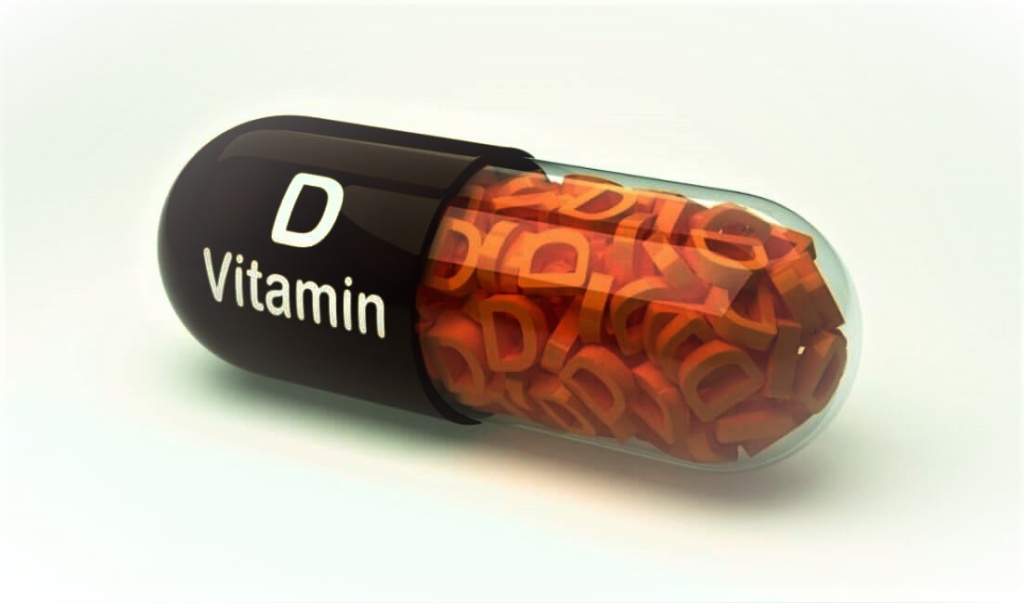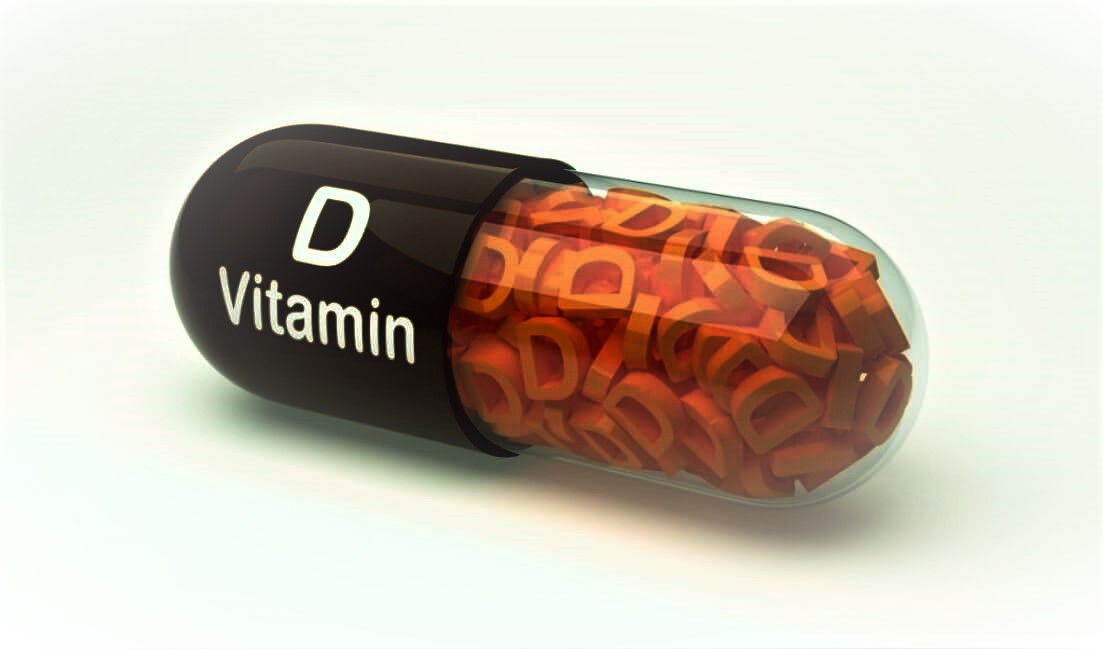Does vitamin D help the immune system?:Vitamin D plays an important role in the health of the bones and teeth, but it is also a protagonist in the functioning of the immune system. We tell you more details here.
Vitamin D, among other nutrients, in particular, plays an important role in the development and preservation of the immune system. Although it is not its only function, having an adequate supply of it allows maintaining the body’s immunity at good levels.

The tissues, cells and molecules that respond to the immune system require an energy and structural boost that is sufficient for them. For this reason, diseases that are associated with deficiency against microorganisms, may be related to poor eating habits.
Vitamin D and immune system
The protection we have against external aggressions is mediated by the immune system. It is made up of two functional units; one of them is the one we are born with (innate) and the other is generated by exposure to organisms (acquired). Both interact with each other in order to preserve health.
Over the years it has been recognized that vitamin D is essential for the metabolism of calcium, phosphorus, the integrity of bones and teeth. However, they are not the only points of action.
It was verified, through research , that the active form of vitamin D is related to immune self-tolerance and effectiveness against infections. That is, the nutrient plays a role in the body’s ability to recognize what is it’s own and what is foreign.
Although it is known as a vitamin, it has hormonal functions and has receptors in various tissues of the body. Some authors classify it within the endocrine system, for example, stating that its action is diverse. Among the cells that receive the action of the nutrient are the following:
- Killer cells or natural killers.
- T and B lymphocytes.
- Macrophages.
- Monocytes.

Vitamin D deficiency and diseases
Such is the variety of actions of vitamin D, that its deficiency is guilty of the genesis of multiple pathologies. It is associated with infectious, immune and inflammatory diseases.
The origin of this lies in its potential to prevent the multiplication of immunoglobulins , delay cell differentiation and thus slow down the inflammatory mechanism. Tuberculosis, diabetes and obesity are examples of the deficient action of vitamin D that affects symptoms.
At the digestive level, both celiac disease, Crohn’s disease and ulcerative colitis have been shown to be linked through scientific studies . The same is true of the immune system, in disorders such as lupus erythematosus and rheumatoid arthritis.
A study in the journal Hospital Nutrition published in 2017 suggests that the improvement in the contribution of vitamin D to the immune system represents a stimulus against the symptoms of certain diseases. This includes complex diseases like HIV and multiple sclerosis.
Read also: Does diet influence the immune system?
Ways to get vitamin D
The main source of vitamin D is exposure of the skin to sunlight . A small part, less than 10%, comes from food intake.
In sun exposure, it is actually the body that produces it, since ultraviolet rays react with cholesterol in the skin and produce a compound called D3 or cholecalciferol. The same, after being activated in the liver and kidney, provide a hormonal substance as the final product.
You have to expose yourself to the sun for a minimum of 15 minutes a day with your skin uncovered to get this benefit. In the summer, it should not be forgotten that the hours have to be recommended by professionals and that the use of sunscreen is essential to avoid burns.
Regarding nutritional sources, there are few foods that contain it naturally, the most common being bluefin fish such as tuna, mackerel, sardines and salmon. Also the yolk of the egg, some viscera such as the liver and fortified foods, such as milk and some cereals.

Nutrient supplementation
It is very easy to obtain this vitamin, but this does not mean that its deficiency does not occur. Specifically, it can happen in some areas that are not very sunny or in certain age groups that for various reasons are not exposed enough, such as the elderly and children.
D3 and D2 supplements are currently marketed. There are studies showing that cholecalciferol can help people with deficiencies to restore the defenses of their immune system. Anyway, it is not about consuming them for pleasure. You must first mediate a blood test that determines serum levels, so that a health professional prescribes its use.
It is also not possible to obtain immediate results. Supplementation with vitamin D for the immune system aims in the long term, considering that it is a minimum of 3 months of use of the medication .
Keep reading: the 12 best foods to boost immune system
Vitamin D aids in the immune system
This vitamin is essential for the normal functioning of the immune system. Although health, in general, requires a certain contribution of energy and various nutrients, the absence of it can be noticed when there are recurrences of some diseases, poor skin appearance and bone and dental weakening.

